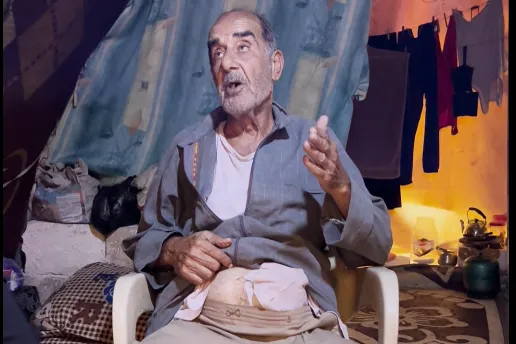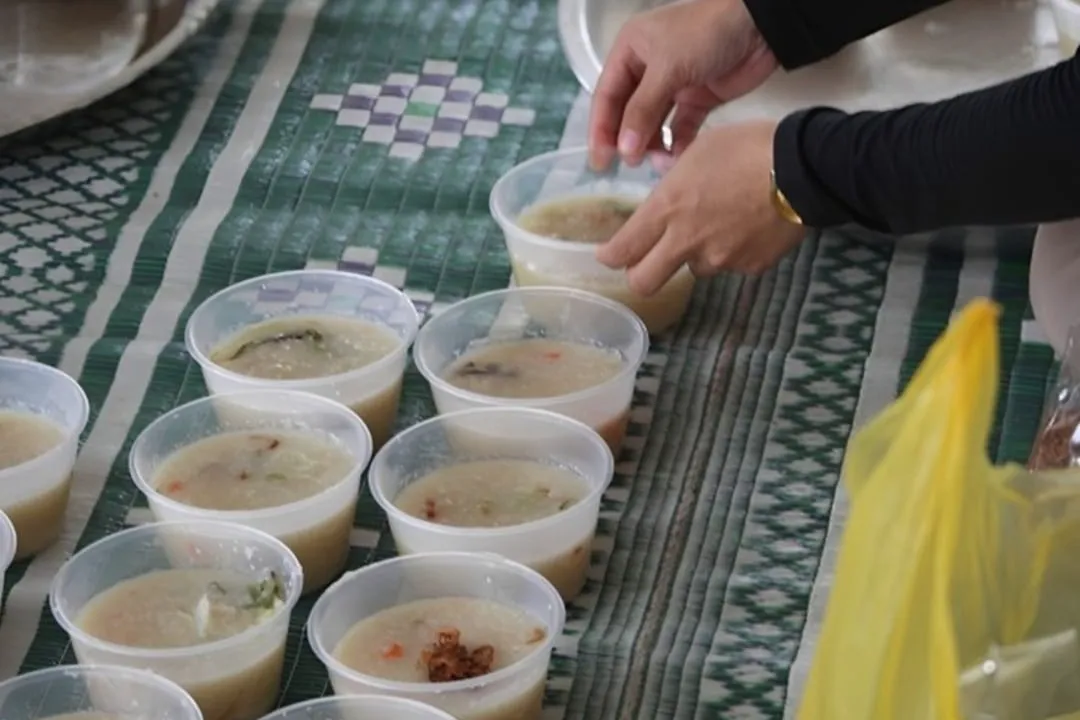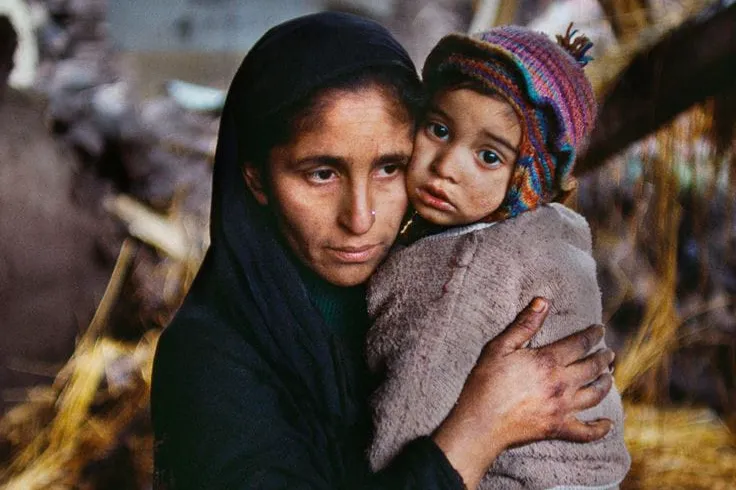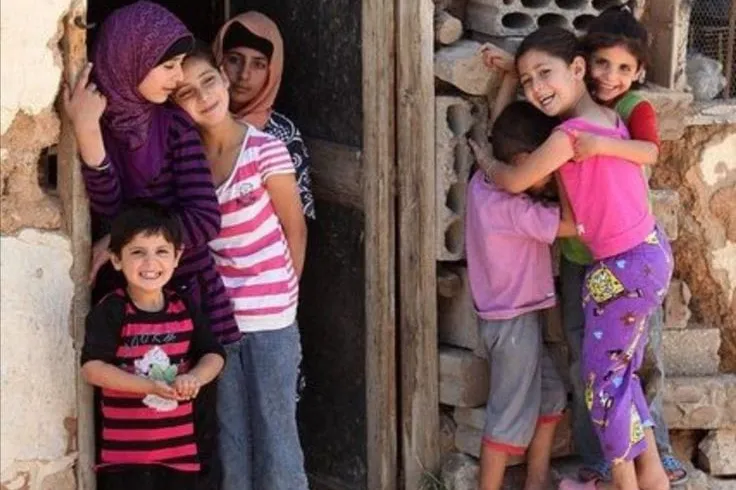يسكن في الشمال الغربي السوري أكثر من 4.5 مليون فرد، وفقًا لتقديرات الأمم المتحدة. يظهر الإحصاء أن هناك 4.1 مليون شخص بحاجة إلى دعم، حيث يعاني 3.7 مليون من نقص الأمان الغذائي. بالإضافة إلى ذلك، يتجاوز عدد النازحين والمهجّرين داخلياً الـ 3 ملايين، حيث أضطروا لبناء حياتهم من جديد في بيئة تفتقر للفرص الاقتصادية والأمان المعيشي.
يعود سبب النزوح إلى الأوضاع الصعبة والمستمرة منذ سنوات، حيث تجتاح الحروب والاضطرابات المنطقة، مما يضع السكان في مواجهة تحديات متراكمة. سنلقي الضوء في هذه المقالة على التحديات التي يواجهها النازحون السوريين المرضى وكيف يديرون أوضاعهم في ظل غياب الأمن وتدهور الأوضاع الإقتصادية.
معاناة مضاعفة لمرضى السرطان في الشمال السوري:
يتزايد عدد النازحين السوريين المصابين بمرض السرطان يوماً بعد يوم قدرت مصادر طبية في إدلب أعداد مرضى السرطان في شمال غرب سوريا بأكثر من 3 آلاف مصاب يحتاجون لمساعدة عاجلة، 65% منهم أطفال ونساء، مع زيادة يومية تُقدر بـ3 حالات تقريبا. وهم يواجهون تحديات كبيرة في الوصول إلى العلاج والدعم الطبي. يعاني العديد منهم من نقص في الأدوية وصعوبات في الحصول على الرعاية الصحية الملائمة.
بعد الزلزال المدمر الذي ضرب تركيا وشمال سوريا في فبراير/شباط، سجلت المصادر أكثر من 600 إصابة بالمرض، بما في ذلك 150 طفلًا و200 امرأة. حيث توقف إدخال مرضى السرطان إلى تركيا لتلقي العلاج، ورغم الشروط القاسية، سُمح أخيرًا بعبور حالات قليلة.
التقى فريق انساني في جولاته التي أجراها في الشمال السوري لمساعدة الأسر النازحة بالحاج محمد وهو واحد من بين المئات من مرضى السرطان في الشمال السوري الذين يعانون من الفقر والظروف المعيشية الصعبة، يقول الحاج محمد واصفاً معاناته المستمرة:
"أنا مريض سرطان أجريت خمس عمليات جراحية، أحتاج شهرياً إلى الدواء والطعام والشراب وليس لدي من يساعدني إلا الله ومن ثم مساعدات أهل الخير". ( اضغط لمشاهدة الفيديو).
الحاج محمد حاله كحال المئات من السوريين الذين فقدوا بيوتهم وأمانهم واستقرارهم واضطروا للعيش بخيمة لاتقيهم برد الشتاء وأمطاره ولا حر الصيف وقساوته.
انخفاض المساعدات الإنسانية ينذر بكارثة إنسانية:
حذرت منظمات حقوقية من تدهور أوضاع مرضى السرطان في الشمال السوري، مع ارتفاع عدد حالات الوفاة بينهم بسبب عدم تلقيهم العلاج المناسب، خصوصا مع صعوبة الوصول إلى الأراضي التركية. وسط انعدام المشافي والمراكز المتخصصة والأخصائيين والجرعات الكيميائية ازداد الأمر سوءاً تزامناً مع تراجع نسبة الإستجابة الإنسانية شمالي سوريا، خلال الأعوام الماضية، لتصل إلى أقل من النصف، وفق منسقي "استجابة سوريا"، فيما زادت أعداد المحتاجين للمساعدات، خاصة بعد كارثة الزلزال الكبير الذي ضرب المنطقة خلال شهر فبراير/ شباط المنصرم.
يصبح البحث عن غذاء مناسب أمرًا صعبًا أيضًا، مما يؤثر سلبًا على قدرتهم على مواجهة التحديات الصحية.تتعقد التحديات أكثر بسبب الوضع الاقتصادي الصعب وتأثيراته على قدرة الأفراد على تأمين احتياجاتهم الأساسية.
قالت ديانا سمعان، نائبة مديرة المكتب الإقليمي للشرق الأوسط وشمال أفريقيا بالنيابة في منظمة العفو الدولية:
“منذ أن فقدت الحكومة السورية سيطرتها على الجزء الشمالي الغربي من البلاد، قطعت إمدادات الكهرباء والمياه، وعرقلت المساعدات، وهاجمت المخيمات والمرافق الطبية والمدارس، الأمر الذي حمّل المنظمات الإنسانية مسؤولية تقديم الخدمات. لا يوجد حل فعّال لتوفير المساعدات الإنسانية الكافية في شمال غرب سوريا إلا من خلال تجديد آلية إيصال المساعدات عبر الحدود القائمة حالياً. ومن الضروري أن يجدد مجلس الأمن التابع للأمم المتحدة تفويض هذه الآلية قبل أن تنتهي صلاحيتها في 10 يوليو/تموز”.
يستدعي هذا السياق استجابة فورية وفعّالة من المجتمع الدولي والمنظمات الإنسانية لتوفير الدعم الطبي والإغاثة الغذائية للنازحين، خاصةً تلك الفئة التي تعاني من أمراض خطيرة كالسرطان. وذلك للمساهمة في تخفيف المعاناة التي يواجهونها يومياً.











-white.svg)